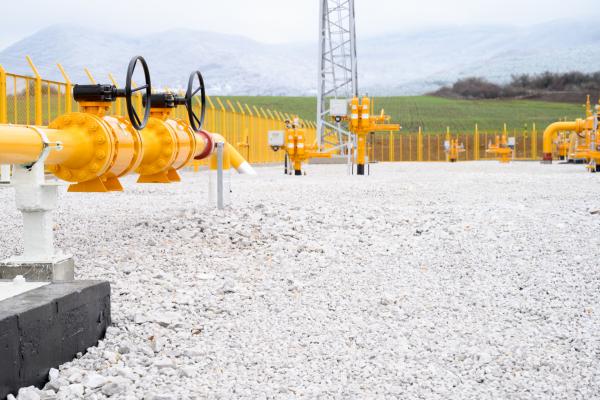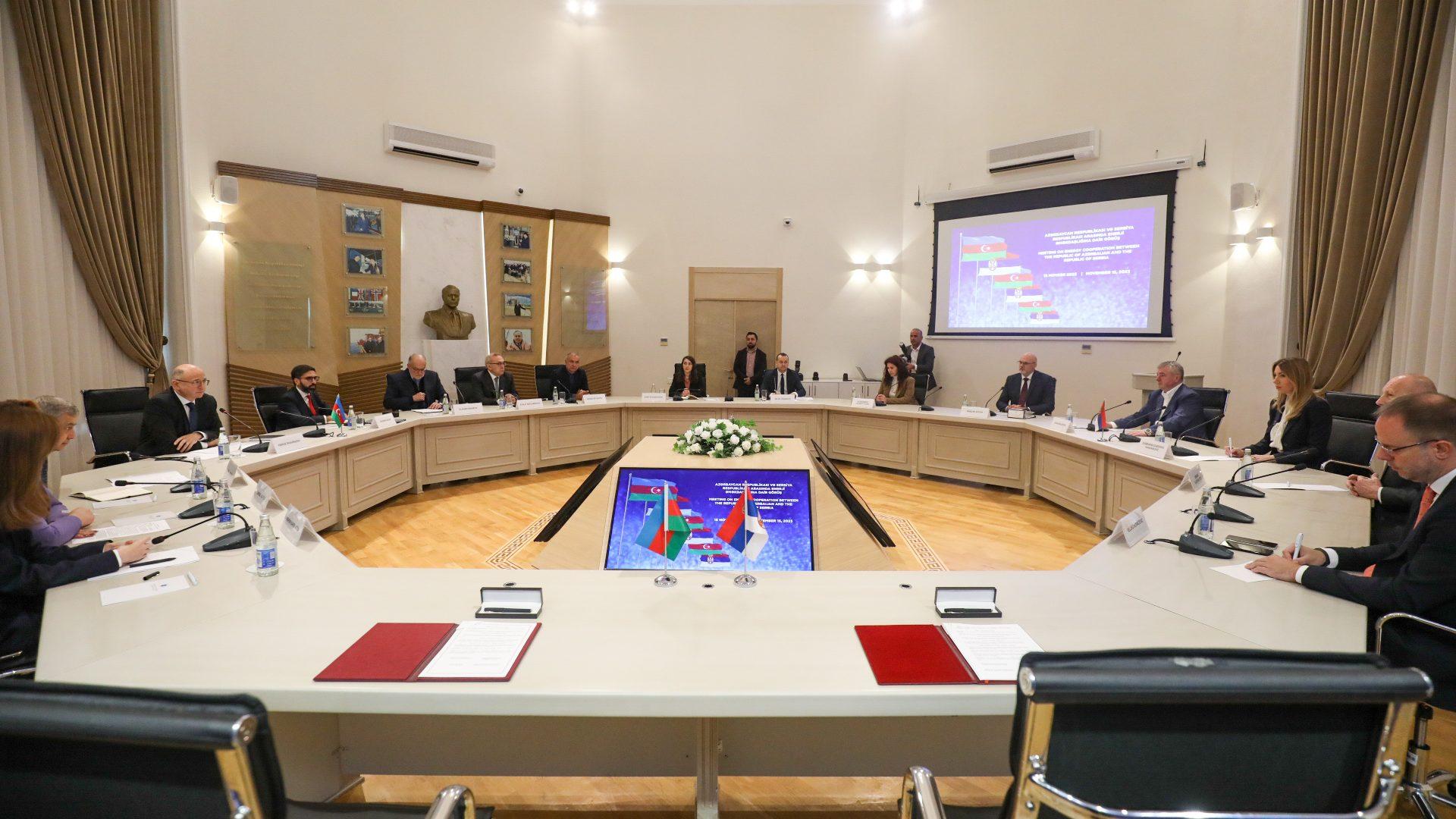How will the Serbia-Bulgaria gas interconnector boost European energy security? Natural gas in exchange for peace
On December 10, 2023, presidents of Serbia, Bulgaria, and Azerbaijan and EU officials gathered in the Serbian city of Niš to inaugurate the long-awaited Serbia-Bulgaria gas interconnector that connects Novi Iskar near Sofia and Niš via Dimitrovgrad.
The length in Serbia is 109 kilometres, and the commissioning occurred at the Trupale gas station not far from Niš. Serbia is currently supplied with gas from Russia via the Balkan Stream gas pipeline, which receives the fuel via the Black Sea, Türkiye, and Bulgaria.
The total value of the new Serbia-Bulgaria gas interconnection is 85.5 million euros, out of which 49.6 million euros is a grant from the European Union and 25 million euros is a loan from the European Investment Bank.

The newly built 170-km gas pipeline in Serbia, funded by the EU, enables Serbia to position itself as a gas supplier in Central and Eastern Europe and further gasification in southern Serbia. Thus, after the inauguration, Serbia officially joined the countries purchasing natural gas from Azerbaijan. As such, European buyers will get twice as much natural gas from Azerbaijan, based on the memorandum of understanding signed in 2022. In 2021, Azerbaijani gas supplies to Europe surpassed 8 billion cubic metres and will reach 12 billion cubic metres in 2023, accounting for 50 per cent of Azerbaijan's total gas exports.
Under the new agreement, the first batch of Azerbaijani gas will flow to Serbia via Bulgaria in early 2024. Unlike Serbia, Bulgaria has been importing Azerbaijani gas since 2021, amounting to 270 million cubic metres, while in 2022, the volume of deliveries exceeded 500 million cubic metres and in 2024, it will be around 1 billion cubic metres.
Energy has long been the core element of Azerbaijan’s pragmatic foreign policy, and recently, it has gained more impetus as European nations seek additional energy suppliers to replace Russian fossil fuel exports. Although the EU's leading member countries can compensate for energy shortages by using energy reserves, employing alternative energy sources and importing additional gas volumes from alternative suppliers, the less developed Balkan states are struggling to adapt to the energy deficit.

Since 2022, Azerbaijan has held several high-level meetings with EU officials regarding exporting additional gas volumes to Europe. Amid the war in Ukraine, more countries in Europe seek to reduce dependence on Russian gas, including Serbia and Bulgaria. As such, a pipeline connector between Serbia and Bulgaria will reduce Serbia's dependency on Russian gas. Serbia is currently satisfying the domestic need for natural gas with imports from Russia via the Balkan Stream gas pipeline traversing the Black Sea, Türkiye, and Bulgaria. While Serbia, which aspires to join the European Union, has condemned the Russian invasion of Ukraine, it refused to join the anti-Russian sanctions.
The last long-term contract with Gazprom expired at the end of 2021. In November 2021, the Serbian and Russian presidents agreed that Serbia would continue to pay $270 per 1,000 cubic metres of natural gas for the next six months. In May 2022, in a telephone conversation, they agreed that a new three-year deal would be signed.
According to the Balkan media, the gas interconnection is much more than an infrastructure project – it represents a symbol of successful cooperation between Serbia, Bulgaria, and Azerbaijan. The gas pipeline guarantees diversification and security of supply not only for Bulgaria and Serbia but for the entire region. The interconnector is reversible, meaning it can transport gas from LNG terminals in Croatia or the Baumgarten gas hub in Austria via Serbia to Bulgaria.
In light of deteriorating relations between the West and Russia and the rising diplomatic standoff, the global energy crisis hit major European countries badly and caused a more profound crisis. Therefore, the importance of alternative suppliers like Azerbaijan rose immensely. The Caspian country can deliver additional natural gas to Southern Europe and Balkan countries such as Serbia and Bulgaria, which may soon find themselves in big trouble.








